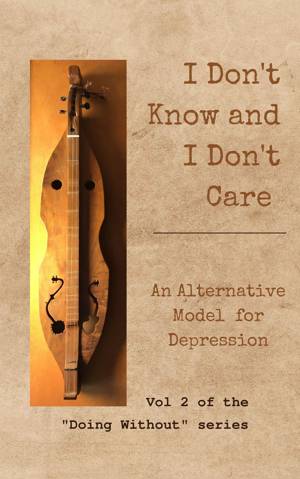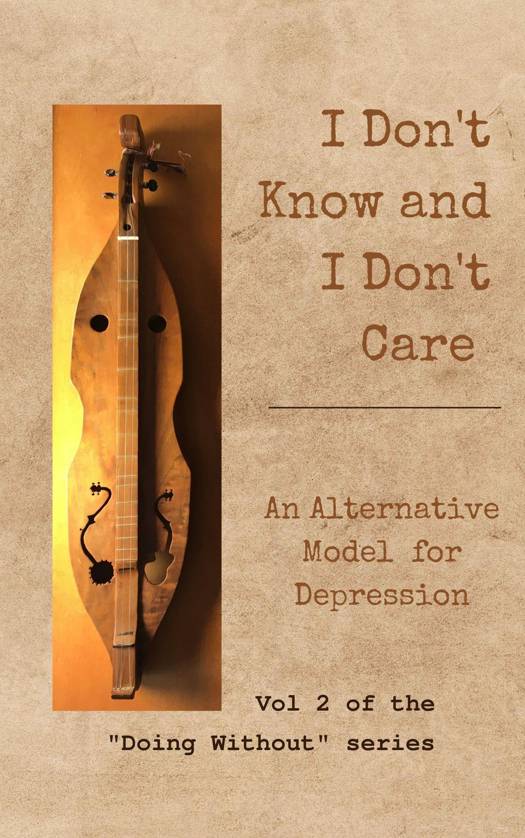
- Retrait gratuit dans votre magasin Club
- 7.000.000 titres dans notre catalogue
- Payer en toute sécurité
- Toujours un magasin près de chez vous
- Retrait gratuit dans votre magasin Club
- 7.000.0000 titres dans notre catalogue
- Payer en toute sécurité
- Toujours un magasin près de chez vous
I Don't Know and I Don't Care: An Alternative Model for Depression EBOOK
Doing Without, #2
Douglas O'BrienDescription
Self-taught resilience (see Vol.1 in the "Doing Without" series) set the stage for experiencing a situational depression that is not often discussed by providers of mental health services. This book, "I Don't Know, and I Don't Care" (Vol.2 in the "Doing Without" series) provides a series of lessons to sequentially discover a new way of thinking about the past and the future. From "Stinking Thinking", to "Becoming the CEO of a life of meaning", this book provides lessons for both an individualistic path, as well as a collective path for those who may wish to seek meaning in a group setting.
For every 100 people who use the phrase "child abuse and neglect", very few have any understanding of how the neglect piece has affected, and continues to limit, the choices of adults years after a silent childhood 'on their own'. The field of Psychology hasn't yet seen a ground level push to acknowledge and treat that most pervasive and silent segment which is at least half of those suffering within the discordant grouping of "child abuse and neglect". Proof of this continuing silence, is that few have ever heard another adult self-describe as a "neglected child", and wouldn't know what to think or how to respond even if they did.
Many self-help books on emotional self betterment are written by therapists, and so have a limited short term perspective that doesn't seek to confront controversial foundational issues that may be in addition to what the client came into treatment for. In the "Doing Without" series, the reader is challenged to re-think the conventional wisdom oft repeated in much of the current popular literature.
Psychological terms are mostly not used in Doing Without series, but rather simple language is used to build "common sense for an uncommon situation" that may be decades old. "I Don't Know, and I Don't Care" was not written to be a "feel good" book, but those readers who have found writings on this topic to be shallow rather than challenging, might here find parts of themselves understood more than any other book on such a personal issue. Written in a sequenced series of bite-sized lessons, some readers can choose to focus on which lessons are of importance to themselves or their loved ones at the moment. Other readers will study these lessons to build an understanding overview of why their life, and any previous help, may have not made sense, or promoted lasting change.
Doing Without is designed as a series of 10 volumes of practical sequential lessons to be of help in the many spheres of a difficult life.
Spécifications
Parties prenantes
- Auteur(s) :
- Editeur:
Contenu
- Langue:
- Anglais
- Collection :
Caractéristiques
- EAN:
- 9798215626269
- Date de parution :
- 07-12-23
- Format:
- Ebook
- Protection digitale:
- /
- Format numérique:
- ePub

Les avis
Nous publions uniquement les avis qui respectent les conditions requises. Consultez nos conditions pour les avis.






